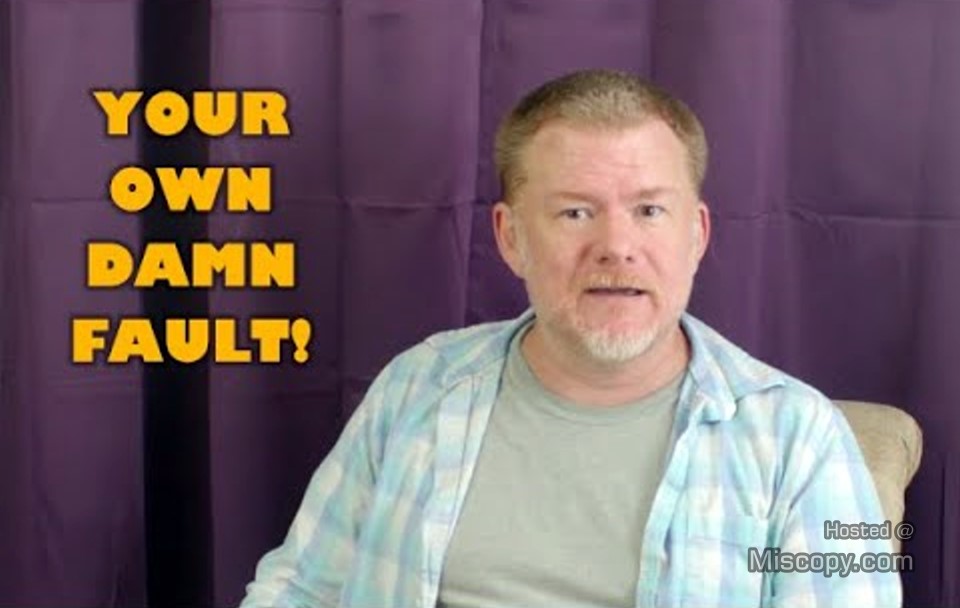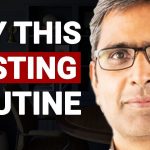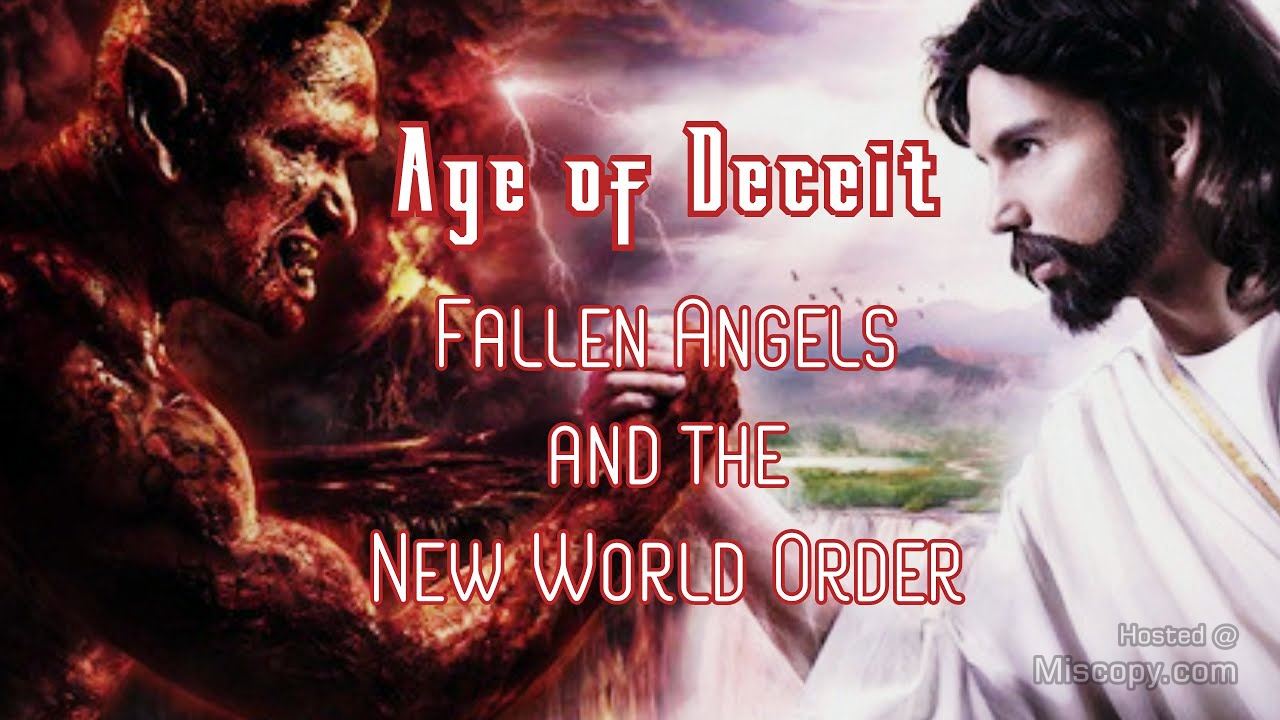In the video titled “Your Own Damn Fault“, Larken Rose argues that reality has a built-in reward and deterrent system that is effective if the consequences are immediate and obvious. However, many people are not aware of this because the consequences of their actions are not immediate enough for them to recognize that it is their own fault.
He uses examples such as how Trump supporters cannot deny that Biden’s inflation was caused by Trump’s socialist policies, and how the high crime rates in disarmed areas are due to the victims’ lack of weapons. Rose concludes that people’s political and personal choices can have long-term consequences that they will have to face, and it is their own fault for reaching those consequences.
Larken Rose then addresses the ongoing murder of civilians in other countries committed by the US military. He argues that these actions have led to a boiling point where some people feel justified in responding violently, even if it means harming innocents. He also criticizes the idea of supporting the troops and the military, arguing that their actions ultimately harm civilians and serve corporate interests.
Larken Rose further touches upon the issue of police brutality in the US, arguing that the police are not always protecting innocent people, but rather are involved in road piracy and are more interested in justifying their actions than in stopping true criminals. He ultimately questions the idea of supporting the sheriffs and the police, arguing that their actions often harm innocent people and do not truly protect the innocent.
According to Larken Rose, law enforcement is not synonymous with freedom or justice, but rather is used to control the population through violence and intimidation. He argues that drugs and other “vice” laws have only made society more dangerous and violent, as they create a black market where organized crime can thrive.
He uses the example of alcohol prohibition to illustrate this point, noting that the Mafia took control of the alcohol trade and created widespread corruption and violence. Larken Rose suggests that ending the War on Drugs and legalizing drugs like marijuana would help to reduce violence and abolish organized crime.
Larken Rose goes on to argue that government intrusion into various aspects of people’s lives, including poverty levels, homelessness, food waste, and housing regulations, are ultimately the result of the problem being created by the left. He suggests that the left relies on keeping people dependent on the government and believes that government hostility is necessary for the common good.
He draws on personal anecdotes to illustrate how such policies have caused hardships for people, including homelessness and job losses. He believes that government violence is a major contributing factor to society’s problems, and that it is essential to recognize one’s limitations and avoid imposing them on others.
Larken Rose then challenges the validity of conservative claims to a right to freedom. He further suggests that the remoteness of the consequence from the cause often leads to cheering for a solution without understanding its true nature and its impact on society.
Larken Rose is critical of not just conservatives but also the political left, arguing that many of their economic regulations and support for government welfare harm people. He concludes that people need to understand the causes and effects of their actions, recognize the failings of their political beliefs, and take responsibility for their mistakes if they truly care about justice and society’s welfare. He challenges people to check whether their advocacy is causing more problems than solutions and to dare to take responsibility for their actions.
At the end of his speech, Larken Rose emphasizes that individuals need to take responsibility for their own problems and stop blaming society or external factors for their issues. Whether someone is a conservative, liberal, or voter, they are personally responsible for their actions. The speaker raises the question of asking if individuals dare to take a step back and self-reflect, acknowledging their role in the problem and taking action to resolve it, or do they cling to their comfort zones and ignore the suffering of others. He uses examples of child hunger and homelessness as examples of human suffering that can be a result of inaction, emphasizing the urgency of addressing these issues.





Leave a Reply